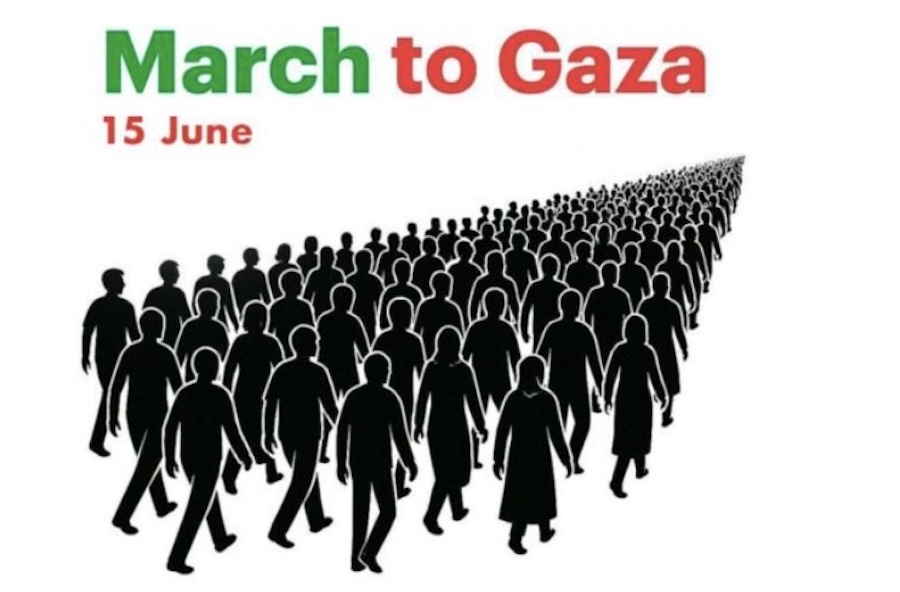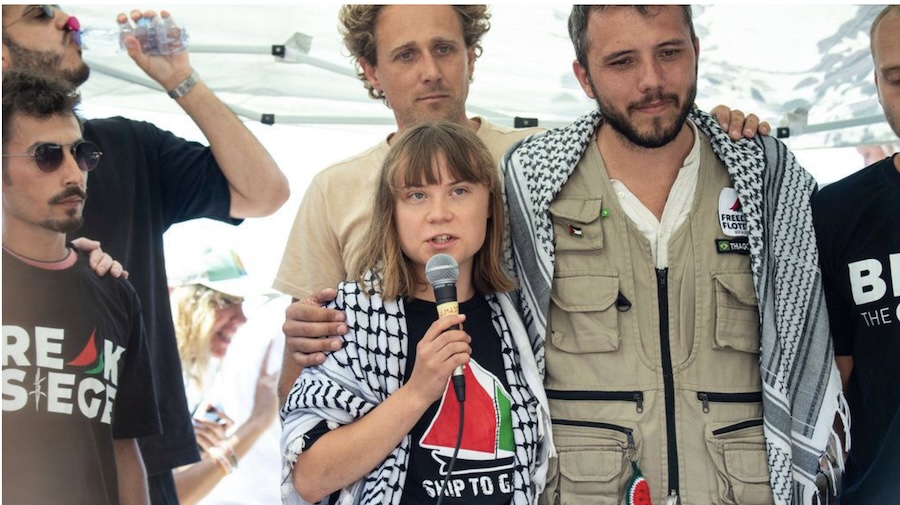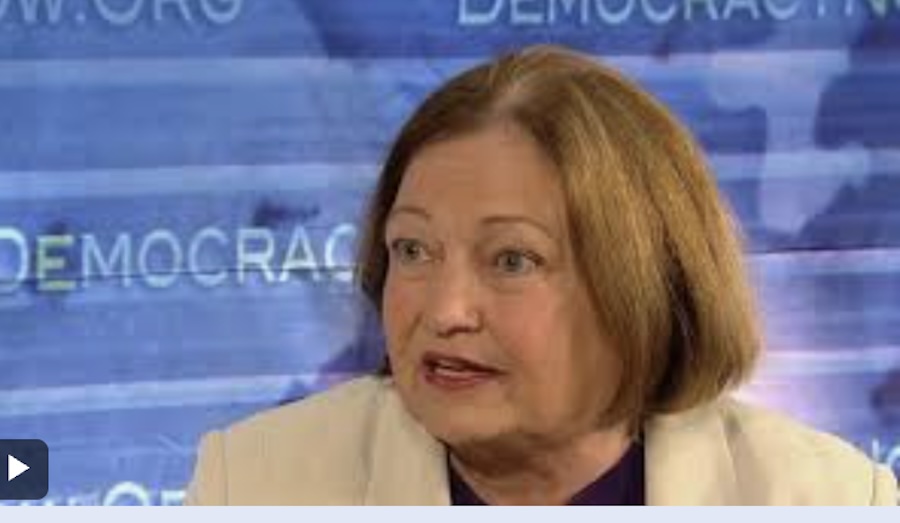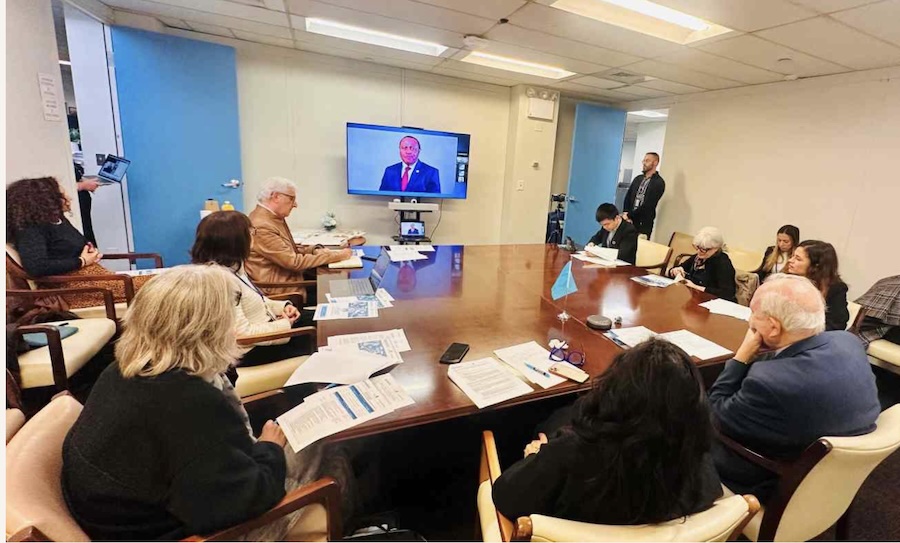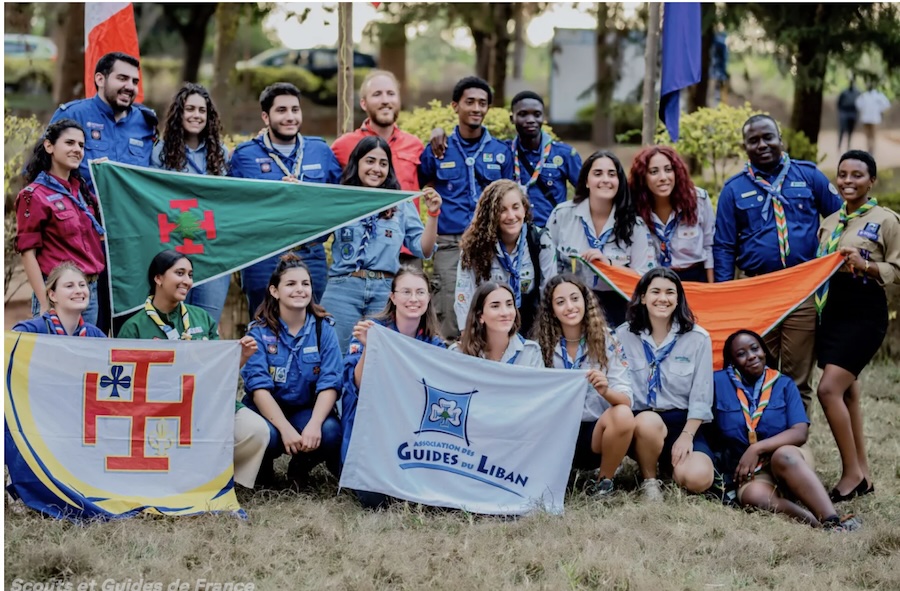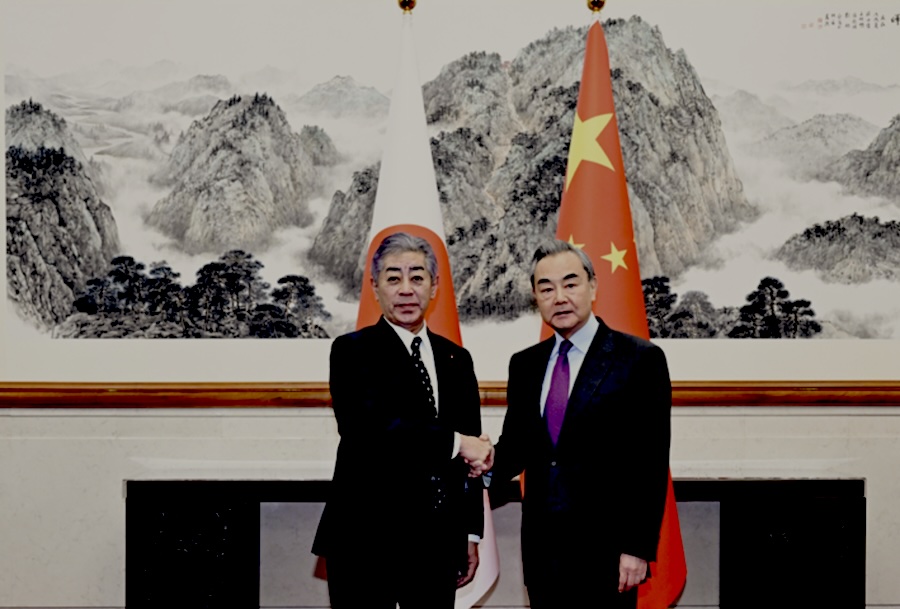. TOLERANCE & SOLIDARITY .
An article by Shabbir Lakha from Counterfire
Amid the state clampdown on Palestine solidarity, hundreds of thousands marched through London in defiant opposition to the genocide, reports Shabbir Lakha
Recently, The Economist remarked that the “Starmerites thought they had defeated the politics of Palestine. It may defeat them.” To prove how correct this assessment is, on Saturday, [August 9] an estimated 300,000 people marched through central London for the 28th national demonstration for Palestine since October 2023.
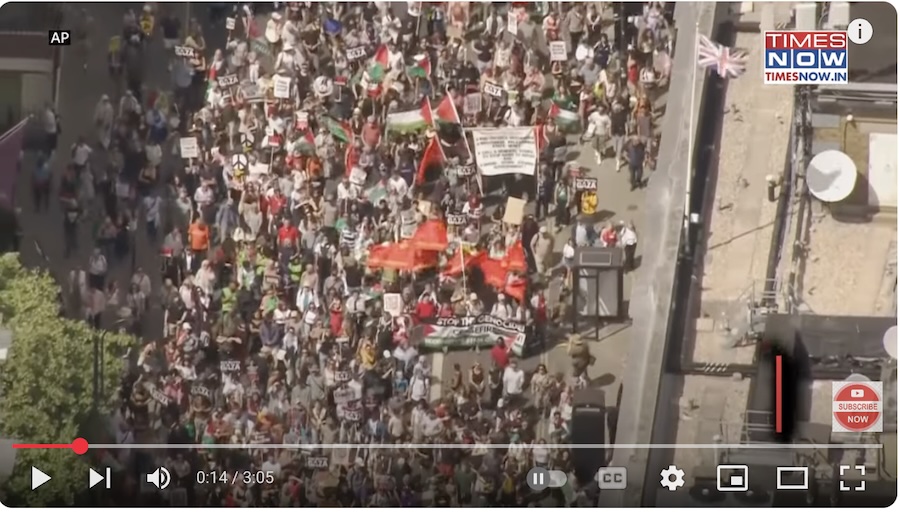 Video of march
Video of marchIt was an objectively huge demonstration, but even more impressive considering it was called with two-weeks’ notice, in the middle of August, and despite the police’s best efforts to intimidate protesters and to delay the coalition from announcing the route.
The demonstration was emotionally charged, angry and militant. Along with the usual array of placards taking aim at Starmer and calling for action, there were noticeably more signs relating to the clampdown on our democratic rights and civil liberties. The huge number of banners of local groups from across the country showed the truly national character of the march. The one noticeable absence was any significant presence of trade union flags or banners.
Over 800 people also gathered in Parliament Square to defy the proscription of Palestine Action, and the Met Police arrested 466 people – including a blind man in a wheelchair and a 90-year-old woman. The Met Police had set up field arrest-processing sites at the top and bottom of Whitehall, and swarms of them and their reinforcements from forces around the country trotted about in stormtrooper formations throughout the day.
As Lindsey German, Convenor of Stop the War Coalition said in her speech,
“We are bitterly opposed to the proscription of Palestine Action. It is not terrorism to carry out direct action. It is not terrorism to support the Palestinians… There is something deeply, deeply wrong when a society allows Israel to commit genocide but cannot allow protests on the streets of London… We will continue protesting, and we will win.”
The weekend’s mobilisations come after weeks of horrifying images of Palestinian children starving to death, of seeing desperate Palestinians being shot dead while queueing for aid in cattle-pens, and following Netanyahu’s announcement of his plan to launch a full military invasion and total re-occupation of Gaza.
(continued in right column)
How can we best express solidarity with the people of Gaza?
(continued from left column)
Keir Starmer’s pathetic statement in response offers only the mildest criticism to an open declaration of intent to commit further war crimes and to ethnically cleanse the Palestinian people. His ‘threat’ of recognising a Palestinian state rings hollow while he continues to arm the genocidal Israeli state, train its soldiers on RAF bases and provide intelligence from RAF spy flights.
But his meek words are nonetheless a departure from his October 2023 claim that Israel ‘has the right’ to cut off food, water and electricity for Gaza’s civilian population. Starmer is reacting to the persistent groundswell of opposition his government is facing over its role in facilitating genocide.
The backbone of this has been the consistent mass mobilisations that have repeatedly brought hundreds of thousands of people onto the streets of the capital. Polling shows that a growing majority of the population back a ceasefire, arms embargo and sanctions on Israel. In recent weeks, there has been a noticeable sea change in the coverage and editorial lines of mainstream media outlets, including the Daily Express, the Financial Times and The Economist.
This is coupled by a rapidly expanding list of celebrities and cultural figures speaking out in all forums against the genocide and the British government’s actions. Saturday’s national demonstration was addressed by Bafta-nominated actor Denise Gough, comedian Ivo Graham, and Danni Perry, a dancer who held up a Palestinian flag at the Royal Opera House and successfully campaigned to get the Royal Ballet and Opera to cancel its production in Tel Aviv.
Denise Gough told Counterfire,
“I’m here at the rally because if I don’t spend my time in spaces where people have care for the rest of the world then I feel very, very alone. It’s important for all of us to come here so that we can get re-energised, because genocide is exhausting.”
When the situation in Palestine is as dire as it is, when there is growing support among some of the most influential figures in society for an end to British support for Israel, and when the government is on the backfoot, is precisely the time to escalate the movement to put an end to Starmer’s support for genocide and to defend our right to protest.
Upcoming mobilisations:
Saturday 16 August: Stop Arming Israel – protest at RAF High Wycombe
Saturday 6 September: National demonstration for Palestine – central London
Saturday 27 September: National demonstration at Labour Conference – Liverpool
Sunday 5 October: International Meeting against the War – Paris
Shabbir Lakha is a Stop the War officer, a People’s Assembly activist and a member of Counterfire.
– – – – – –
If you wish to make a comment on this article, you may write to coordinator@cpnn-world.org with the title “Comment on (name of article)” and we will put your comment on line. Because of the flood of spam, we have discontinued the direct application of comments.
 video of the march
video of the march